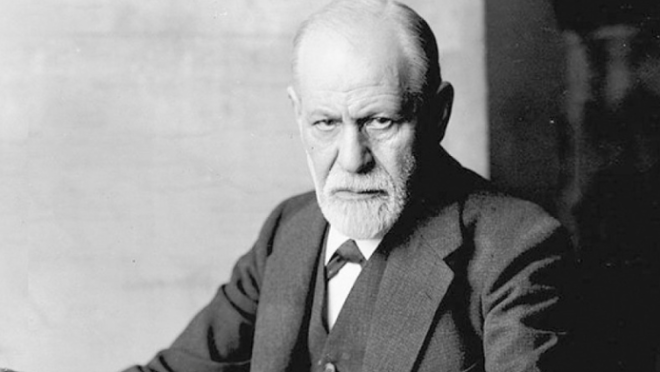Ode to Sigmund Freud on his birthday: Id wants Fun, superego says no – can ego save you?
Ode to Sigmund Freud on his birthday: Id wants Fun, superego says no – can ego save you?

Have you ever felt torn between studying and watching movies? Or felt guilty for not doing your assignment but didn’t do it anyway? Sigmund Freud, the father of psychoanalysis, believed that our mind is always in a constant battle between different forces that control our decisions. According to him, human behaviour is controlled by three different forces: the id, the ego and the superego.
On his birthday today (6 May) let’s delve into these three forces which control how we think, act and balance our desires with responsibilities.
The id is the part of our brain that wants pleasure and instant satisfaction. It does not care about rules or consequences. It simply wants to feel good in the moment. On the other hand, the superego is the moral side of our brain. It reminds us about our responsibilities, rules and the rights and wrongs. While the id pushes us toward fun and enjoyment and the superego toward discipline and self-control, the ego acts as a balance between the two. It works as the decision-maker and tries to balance the id’s desires with the superego’s rules. It makes realistic and acceptable choices for us.
Did you understand the theory so far? If not, let’s look at another explanation provided by Freud. According to him, our mind works at different levels. Some thoughts happen in the conscious mind, meaning we are fully aware of them; it is the ego. Other thoughts exist in the preconscious mind where memories and ideas come and go; it is the superego. And, in the unconscious mind, we are not aware of our desires and instincts: the id.
How does this theory relate to a student’s life?
In our day-to-day life, we make countless decisions. A student’s life is no different than that. Sigmund Freud’s psychoanalytic theory can help us understand how a student struggles with making decisions in their daily life. Whether it’s about managing time, distractions or handling academic pressure. Lets see how these forces work in a students life:
The Id – “Just have fun!”
The id is the part of our brain that tells us to enjoy life without thinking much about societal pressure. It is driven by pleasure and does not care about rules, responsibilities or consequences. Remember being a child and only caring about eating chocolates and watching TV? That is how Id works.
For a student, the id is responsible for procrastination and other distractions. It tells you to stay in bed instead of going to your morning class or spend hours scrolling Facebook instead of studying. Id takes control of our mind and often makes us do such things that we might regret. It does not think about the future; rather, it wants to feel good right now!
The superego – “Be the ideal student”
The superego is the opposite of the id. It works like a strict teacher or parent in our head. It will constantly remind us about the rules, responsibilities, expectations and values set by the society. Its job is to make sure that we do the right thing.
For a student, the superego is the guilty feeling we get when we’re procrastinating or breaking rules. It will remind you that skipping class for sleep is irresponsible, watching reels instead of studying is a waste of time and that we should aim for the betterment of our future. If you ever felt the sudden urge to be productive or felt like you had to immediately start working on meeting the high expectations of your parents, then it’s the superego that’s pushing you. On the contrary, it can also make a student feel stress and anxiety. If the superego is too strong, it can lead a student toward overworking, burnout and a constant feeling of not being perfect.
The ego – “The perfect balance in between”
The ego is the bridge between the id and the superego. It tries to balance both sides of the mind and find a solution that will be acceptable according to both. It understands that you can’t always do whatever you want, like the id wants, and that you can’t be perfect all the time, like the superego demands.
For example, suppose you have an important exam tomorrow and your friends are inviting you to hang out. The id tells you, “Forget the exam; go have fun!” while the superego says, “You must study all night. No fun allowed!” The ego steps in and finds a compromise – “I’ll go out for a while, but I’ll come back early and study.”
The ego is responsible for time management, decision-making and self-discipline. It helps students balance study and relaxation, fun and responsibility. Without the ego, we would either never get anything done or stress ourselves out trying to be perfect.
In daily student life, the ego helps you create a study schedule, resist distractions when necessary, and take breaks when needed. It teaches you to plan ahead and make realistic choices that keep both enjoyment and responsibility in check.
At the end of the day, student life is about finding a way to enjoy the present while preparing for the future. So, what will you choose today – Netflix, an all-nighter or a bit of both?


